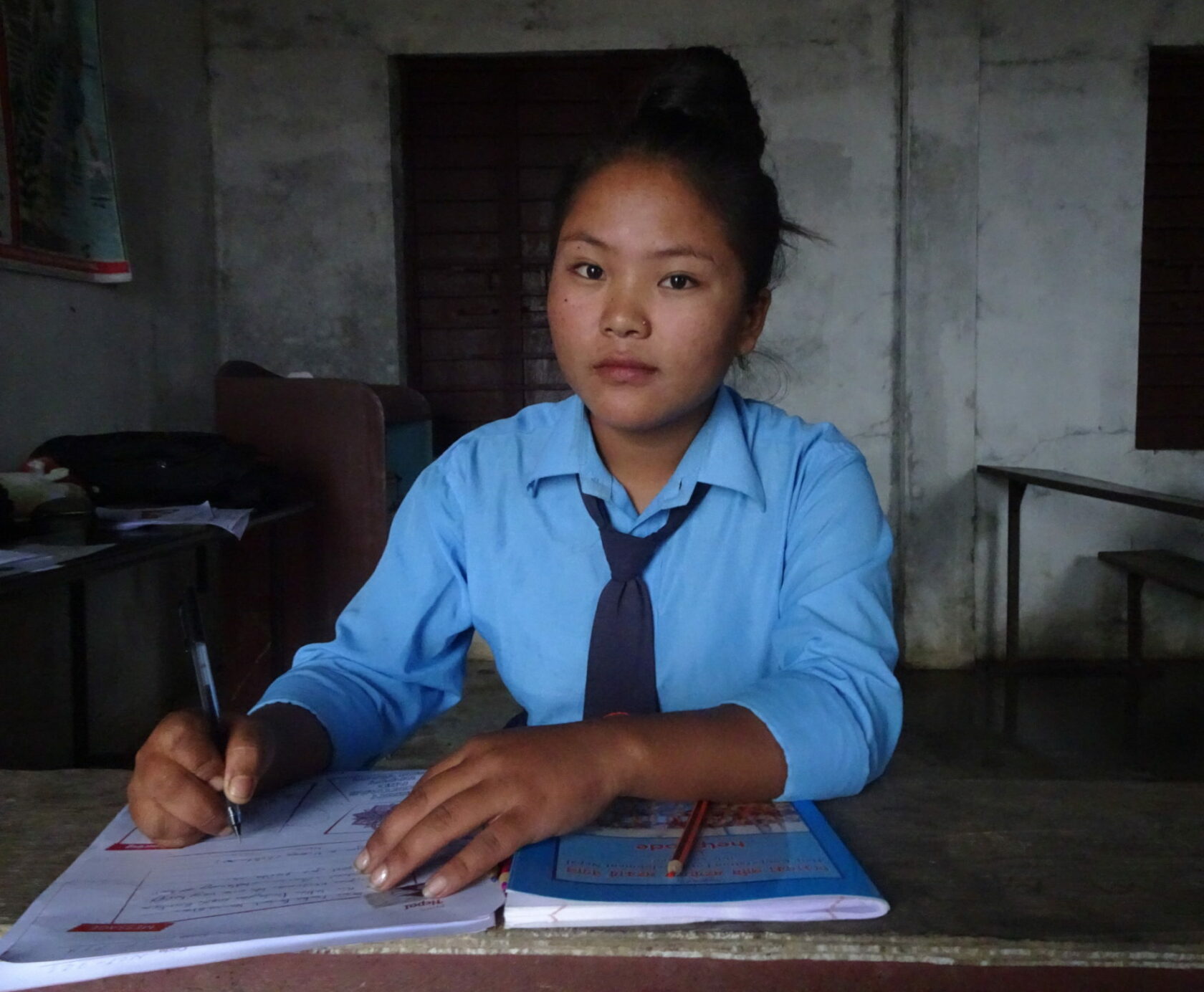Gender Equity
Gender Equity
Persistent gender inequalities worldwide continue to create large disparities between boys and girls.

It is girls who face the greatest obstacles to their well-being, to the full realization of their rights and to the ability to make informed decisions about their lives.
In many cases, the school, family and community reproduce stereotypes that assign gender-defined roles to girls and boys and, in most cases, discriminate against girls. .
Traditional norms, often perceived as superior to state laws, reinforce these stereotypes. Insufficient coordination between institutions at the local level and lack of human and financial resources increase the workload and responsibilities of civil society groups, which have limited organizational skills and often rely on the work of volunteers.
Our activities aim to free communities from violence and gender-based discrimination through the promotion of equal opportunities for girls and boys and supporting the potential of the younger generation.
We strive to create structures and policies that enable women and girls to make informed, autonomous decisions about their lives and to participate actively in economic, political and public life. Greater equality between men and women, accompanied by real empowerment of women within families and communities, creates benefits for society as a whole.
We do this by promoting coordination among local institutions, civil society organizations, teachers and school boards, the community and its leaders, and families.
Why are we addressing gender equity?
1
Boys and girls are in vulnerable situations due to entrenched systems of gender discrimination that prevent them from expressing their full potential, thereby hindering the well-being of the community and all its members.
2
The family and community are often places of conflict, interests and power relations based on discrimination between genders and generations.
3
Girls are the driving force behind change to bring about violence based on gender and discrimination and to promote a structural and irreversible transformation of values, social norms and behavioral codes of women and men of tomorrow.
4
Victims of discrimination cannot be the only ones responsible for their own emancipation. We need to look for solutions and approaches that distribute responsibility for change among different stakeholders, including institutions.
5
The essential role of children and young people is essential to achieve effective equality between genders, which will benefit the entire community.
6
Quotas are a necessary but insufficient condition for transforming the structural causes of inequality between men and women. They must be accompanied by mechanisms and strategies that encourage the full and effective participation of women and girls.
We promote gender equality
With our projects, we fight against inequalities, discrimination and gender-based violence. We break down barriers and prejudices, we promote women’s rights in order to guarantee them the right to education and active participation in the economic, political and civil life of their country.